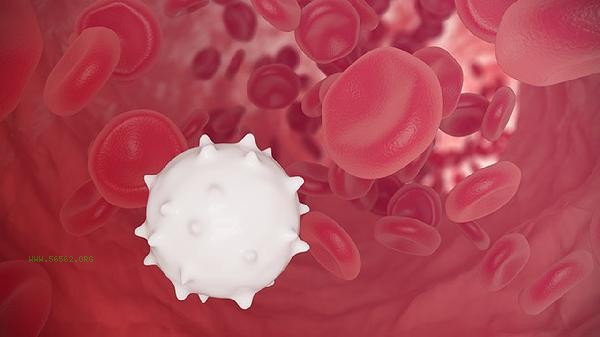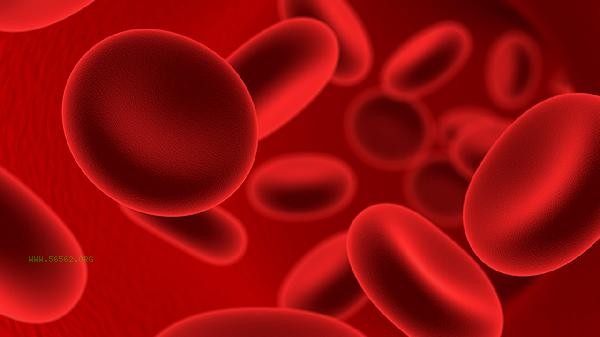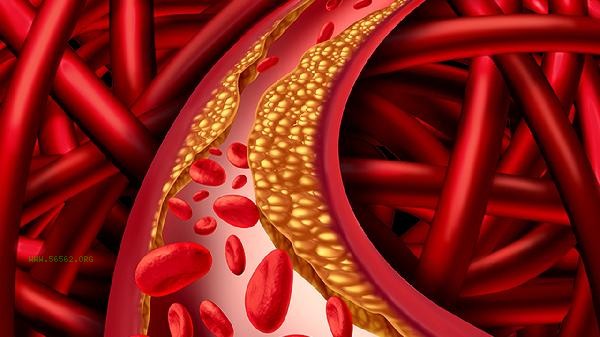The normal range for mean corpuscular volume (MCV) is 80-100 hectoliters. MCV is a key indicator for evaluating red blood cell size in routine blood tests, mainly influenced by iron deficiency anemia, vitamin B12 deficiency, chronic diseases, genetic factors, and alcohol intake.

1. Iron deficiency anemia:
Iron deficiency can lead to insufficient hemoglobin synthesis and reduced red blood cell volume. Long term vegetarians and women with heavy menstrual periods are prone to MCV below 80, accompanied by symptoms such as fatigue and pallor. Diagnosis needs to be confirmed through serum ferritin testing, and treatment includes supplementing iron and increasing intake of red meat and animal liver.
2. Vitamin B12 deficiency:
Vitamin B12 is involved in the maturation process of red blood cells, and when lacking, the bone marrow will produce abnormally large red blood cells. MCV often exceeds 100 liters and is more common in patients who have undergone gastrectomy or long-term vegetarianism, which may be accompanied by numbness in the hands and feet. Treatment requires intramuscular injection of vitamin B12 or oral administration of methylcobalamin.
3. Chronic diseases:

Inflammatory diseases such as chronic kidney disease and rheumatoid arthritis can interfere with iron metabolism, leading to MCV being at the lower limit of normal. This type of anemia is called chronic disease anemia, characterized by decreased serum iron but normal or increased ferritin, and priority should be given to controlling the primary disease.
4. Genetic factors:
Patients with thalassemia often have an MCV below 75 and an increase in red blood cell count due to impaired synthesis of the globin chain. Mild patients may have no obvious symptoms, while severe patients require regular blood transfusions. Genetic testing can provide a clear diagnosis, and premarital screening can effectively prevent the birth of children with severe thalassemia.
5. Alcohol effects:
Long term alcohol abuse can directly damage the bone marrow hematopoietic function, leading to an increase in MCV above 110. Alcohol inhibits folate absorption and causes changes in red blood cell membrane lipids. After 4-6 months of quitting alcohol, MCV can gradually return to normal, during which folic acid and vitamin B supplements are needed.

To maintain normal MCV, it is important to pay attention to a balanced diet and consume sufficient amounts of lean meat, dark green vegetables, and citrus fruits daily. Pregnant women are recommended to supplement folic acid three months in advance, and middle-aged and elderly people should regularly check their serum iron and transferrin saturation. It is recommended to engage in aerobic exercise three times a week to promote blood circulation, but patients with severe anemia should avoid vigorous exercise. If MCV abnormalities persist for more than 2 months, further examinations such as bone marrow puncture are required to rule out hematological diseases.









Comments (0)
Leave a Comment
No comments yet
Be the first to share your thoughts!